SUMMARY
This is AI generated summarization, which may have errors. For context, always refer to the full article.
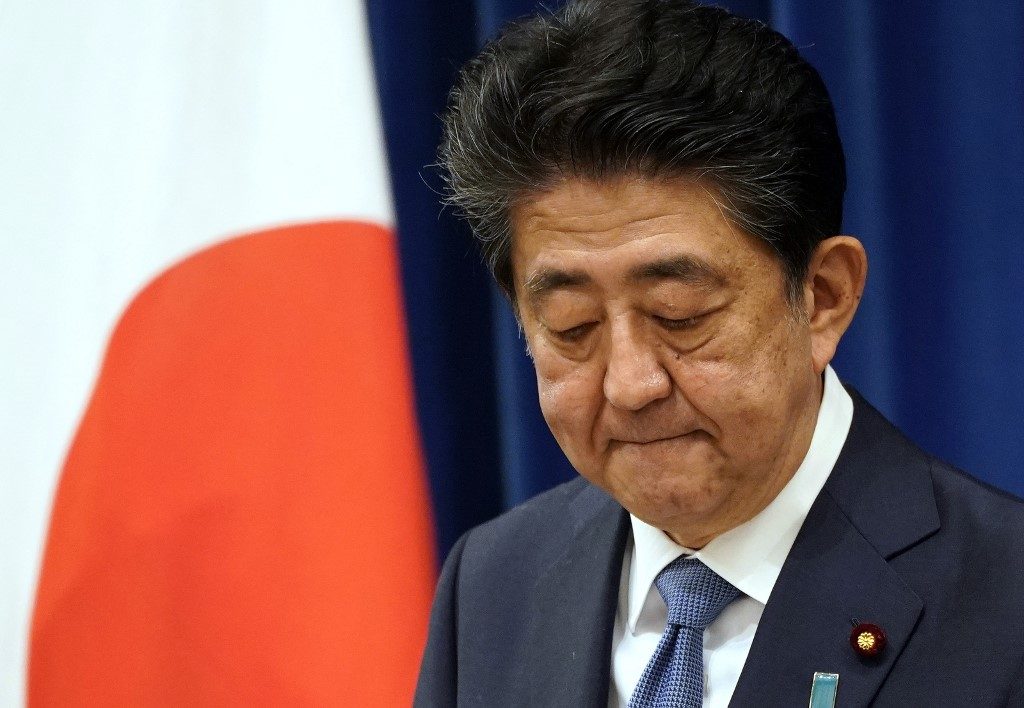
Shinzo Abe has smashed records as Japan’s longest-serving prime minister, championing ambitious economic reform while weathering scandals. But once again he appears to have been undone by his health.
Abe confirmed on Friday, August 28, that he was resigning because of an illness, in an unwelcome echo of the issues that forced him to cut short his first term in 2007, after just a year in office.
He had been due to stay on until September 2021, when his party presidency terms ends, giving him an opportunity to see out one final event in his historic tenure – the postponed Tokyo 2020 Olympics Games.
He was the country’s youngest ever prime minister, and was seen as a symbol of change and youth when he took office in 2006.
But he also brought the pedigree of a third-generation politician groomed from birth by an elite, conservative family.
His first term was turbulent, shot through with scandals and discord, and capped by an abrupt resignation.
After initially suggesting he was stepping down for political reasons, he subsequently acknowledged he was suffering an ailment later diagnosed as ulcerative colitis – a debilitating bowel condition.
He spent months being treated for the condition, and upon his return to power in 2012 said he had overcome it with the help of new medication.
His second term in office, which saw him become the longest-serving prime minister in Japan’s history, has been dominated domestically by his “Abenomics” economic drive – loose monetary policy, government largesse, and structural reforms.
But Japan’s economy had swung into reverse even before the coronavirus crisis wiped out remaining gains.
And Abe’s handling of the pandemic has been criticized as confused and slow, driving his cabinet’s approval ratings down to some of the lowest of his tenure.
Mixed record
On the international stage, he has taken a hard line on North Korea, but sought a peacemaker role between the US and Iran.
He prioritized building a close personal relationship with Donald Trump in a bid to protect Japan’s key alliance despite the US president’s “America First” mantra, and tried to heal ties with Russia and China.
But here too the scorecard is mixed: Trump is reportedly still eager to force Japan to pay more for US troops stationed in the country; Tokyo has failed to make progress in resolving the status of northern islands disputed with Russia, and a plan to invite Xi Jinping for a state visit has fallen by the wayside amid growing domestic discontent with Beijing.
Throughout his tenure, he has weathered political scandals including cronyism allegations that have dented his approval ratings, but done little to affect his power, in part thanks to the weakness of Japan’s political opposition.
And while Abe has not repeated a 2013 visit to a controversial war shrine that sparked regional anger and even a US rebuke, he has pursued a hard line with South Korea over unresolved wartime disputes and continued to pursue plans to revise the country’s pacifist constitution.
Abe entered politics after a detour from his political destiny that saw him join Kobe Steel two years after graduation.
While not exactly youthful by some international standards, at 52 he was Japan’s youngest-ever prime minister when he took office in 2006, the latest of a stream of short-lived leaders.
That revolving prime ministerial door brought him back to office in 2012 – and, until Friday, had stayed shut for an unusually long time.
With Japan still staggering from the effects of the 2011 tsunami and subsequent nuclear disaster at Fukushima, the wily veteran offered a seemingly safe pair of hands and – uniquely, at the time – a plan. He called it Abenomics.
The scheme to revive Japan’s long-stalled economy – still the world’s third biggest, but starting its third decade of stagnation – involved vast government spending, massive monetary easing and the cutting of red tape.
He also sought to boost the country’s flagging birth rate by making workplaces more friendly to parents, particularly mothers, and pushed through in 2019 a controversial consumption tax hike intended to help fund free nursery school places for children three and older, as well as pay for Japan’s overstretched social security system. – Rappler.com
Add a comment
How does this make you feel?

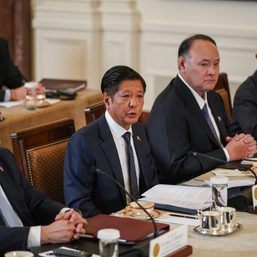
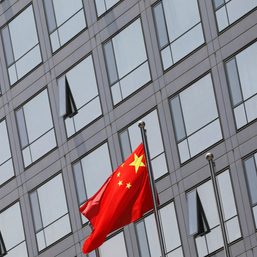
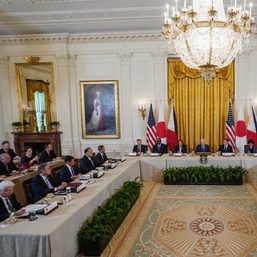
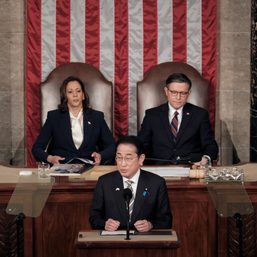
There are no comments yet. Add your comment to start the conversation.